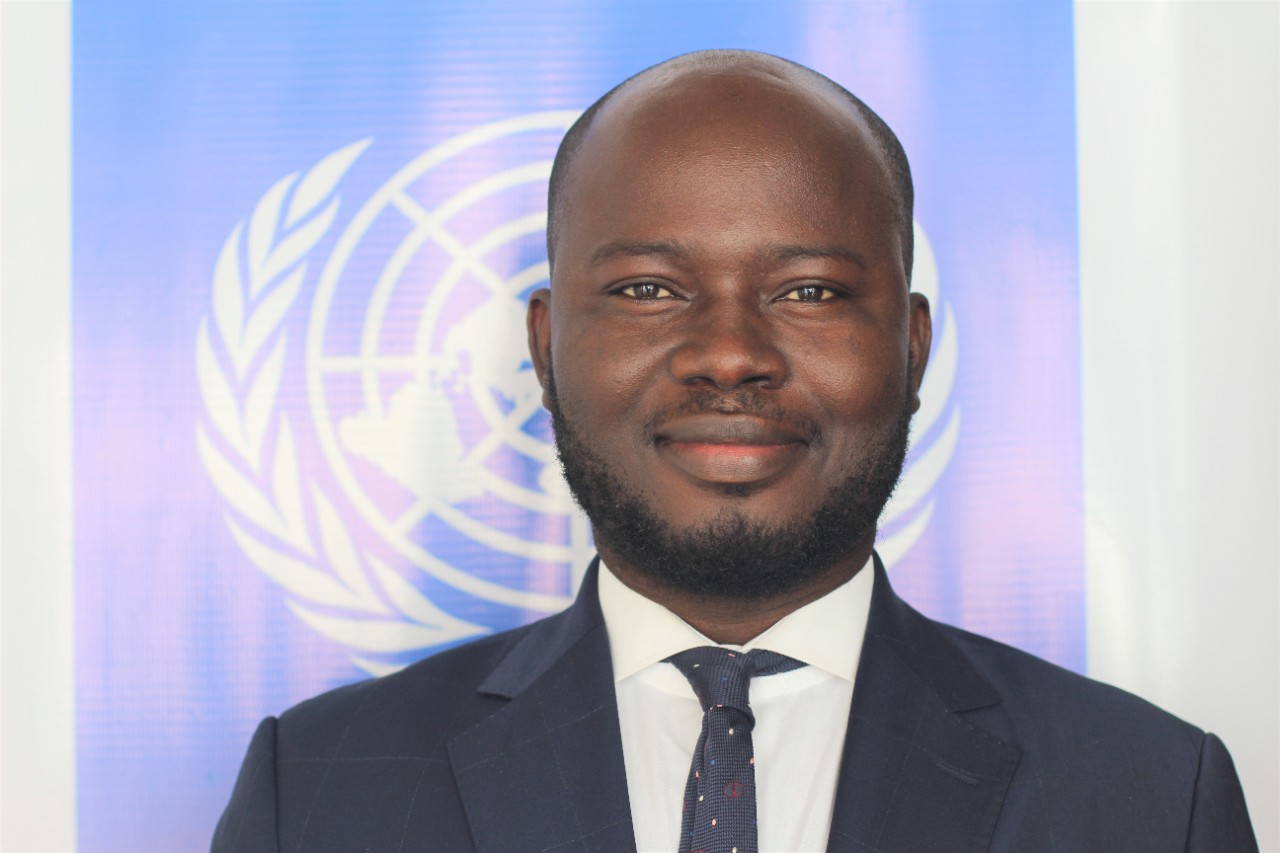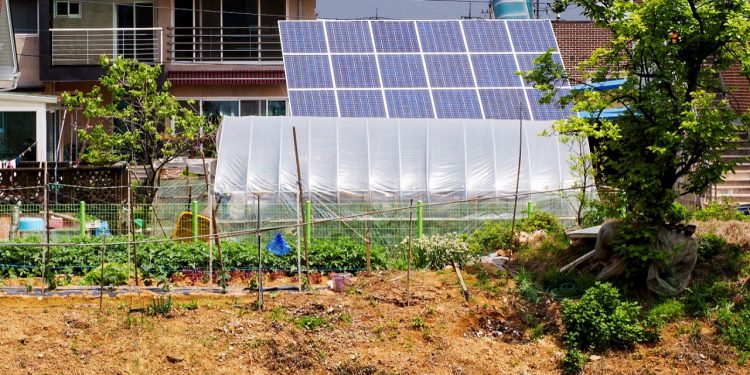The adoption of the Sustainable Development Goals, in particular, SDG 7 (access to affordable, reliable, and modern energy for all by 2030) places emphasis on a higher and sustained level of political will and momentum for the critical role energy plays in national development agendas.
In Africa, about 580 million people are currently without access to electricity. While this is an improvement from the 2013 figures of about 610 million, there is the fear that COVID-19 impacts will slow down progress and reverse the gains made so far. Ghana, with about 85% electricity access, is ranked one of the highest in sub- Saharan Africa. But, about 5 million people do not have access to electricity, majority of whom live in rural areas. These 5 million people do not only lack access to energy, but all the opportunities that access to energy brings to societies and households: inclusive and resilient economic growth, environmental sustainability and social development.
In furtherance to the objective of the SDG7 on clean and affordable energy, the United Nations will convene a high-level dialogue in mid-September 2021 to raise ambition and accelerate action towards the achievement of the SDG7 targets by catalysing innovative solutions, investments and multi-stakeholder partnerships in support of the United Nations Decade of Sustainable Energy for All (2014–2024).
In line with the SDGs agenda, the 2018-2021 Strategic Plan of the United Nations Development Programme (UNDP) considers access to clean energy as a critical enabler for sustainable development, whether it be for nutrition, transport, education or economic opportunity, among others. As noted by the International Energy Agency (IEA) in their World Energy Investment 2021 Special report, accelerating clean energy transitions and access in emerging economies can no longer be just one investment option among many – it has to be a major priority for governments and investors across the globe.
The three strategic opportunities below can be tapped into to facilitate this energy transition:
I. Explore climate finance opportunities, such as the cooperative market approaches offered by Article 6 of the Paris Agreement
Article 6.2 is a market instrument which allows two or more countries to cooperate to invest in programmes to generate mitigation and sustainable development outcomes for the mutual benefits of achieving their Nationally Determined Contributions. Article 6.2 is set to be a catalyst and a tool to mobilize green/climate finance at scale to implement clean energy solutions in developing and emerging countries. The 26th Conference of Parties (COP26) in Glasgow this year is expected to among other things negotiate the implementation modality (rule book) of the internationally transferred mitigation outcomes (ITMO- 6.2) and other market mechanisms under the Paris Agreement. Ghana is first in Africa and second globally to conclude a bilateral cooperation agreement under article 6.2 of the Paris Agreement. This was made possible by the support of UNDP, in partnership with the EU and Germany Government under the Nationally Determined Contributions Support Programme. UNDP is moving a step further to support government to develop article 6 strategy to resolve policy issues around Ghana’s engagement in this market approach.
II. Step up efforts to de-risk private investment in clean energy solutions
There is an increasing recognition that while private sector business models and renewable energy technologies are now at an advanced maturity stage, it is clear that public sector policy and financial de-risking for both the supply and demand side are still essential to close the viability gap for renewable energy services in many emerging economies, including Ghana. The Executive Director of the International Energy Agency, Mr. Fatih Birol, is quoted to have said “there is no shortage of money worldwide, but it is not finding its way to where it is most needed”- in developing and emerging economies. He noted that, governments need to give international public finance institutions a strong strategic mandate to finance clean energy transitions in the developing world. I agree with this assertion and will further say governments must be quick in responding to the needs of the private sector investors by removing bottlenecks and putting in smart policy, de-risking measures to crowd in private sector investment in the renewable energy sector. The de-risking measures should include targeted public interventions which either reduce, transfer or compensate for risk after completion of thorough and systematic analysis of the barriers and corresponding risks which hold back private sector participation in clean energy transition especially in emerging economies. UNDP is a strategic partner in this respect as it has successfully applied de-risking instruments in several countries in Africa and Asia. De-risking Renewable Energy Investment (DREI) introduces an innovative, quantitative framework to assist policymakers in developing countries to cost-effectively promote and scale-up private sector investment in renewable energy.
IIII. Empower young local entrepreneurs and Micro, Small and Medium-Sized Enterprises to drive the transition
Micro, Small and Medium-Sized Enterprises (MSMEs) account for 45% of employment in most emerging and developing economies
They depend heavily on bank loans and credit with little access to the capital market. In addition to financing challenges, their operation costs have increased over the years due to rising energy cost and poor energy efficient energy management practices, thus contributing to Ghana’s greenhouse gas (GHG) emissions. For example, a recent survey by the Environmental Protection Agency in Ghana shows that boiler operations by MSMEs in Ghana’s food and beverage industry alone generates 4.1MtCO2e annually of GHG, representing 10% of Ghana’s industrial sector total GHG emissions. Public funding and grants can be best leveraged to support these enterprises to transition to clean energy and to address the funding gaps to make them more competitive and help attract private investments. UNDP, in partnership with the Environmental Protection Agency, Ministry of Environment, Science, Technology and Innovation, has initiated a Performance Based Payment (PBP) mechanism to address this challenge. More partnerships are needed to upscale these initiatives in other sectors. UNDP’s Carbon Payment for Development (CP4D) Facility is designed to operate a PBP scheme and pay companies for climate mitigation outcomes (MOs). This will also contribute to the Sustainable Development Goals (SDGs) and offer catalytic funding for small-medium sized enterprises to adopt energy efficiency measures among others. As MSMEs recover from COVID-19, this is the opportune time to mainstream green and clean energy technologies in the recovery process.
In conclusion, I echo the words of UNDP Administrator, Mr. Achim Steiner, that governments now have a once-in-a-generation opportunity to make bold decisions that will secure a just energy transition – towards that greener, more sustainable future. The United Nations Development Programme in Ghana is ready to deepen its partnerships with governments, private sector, and foundations to provide the needed support to transition businesses and communities to clean energy solutions in Ghana.






